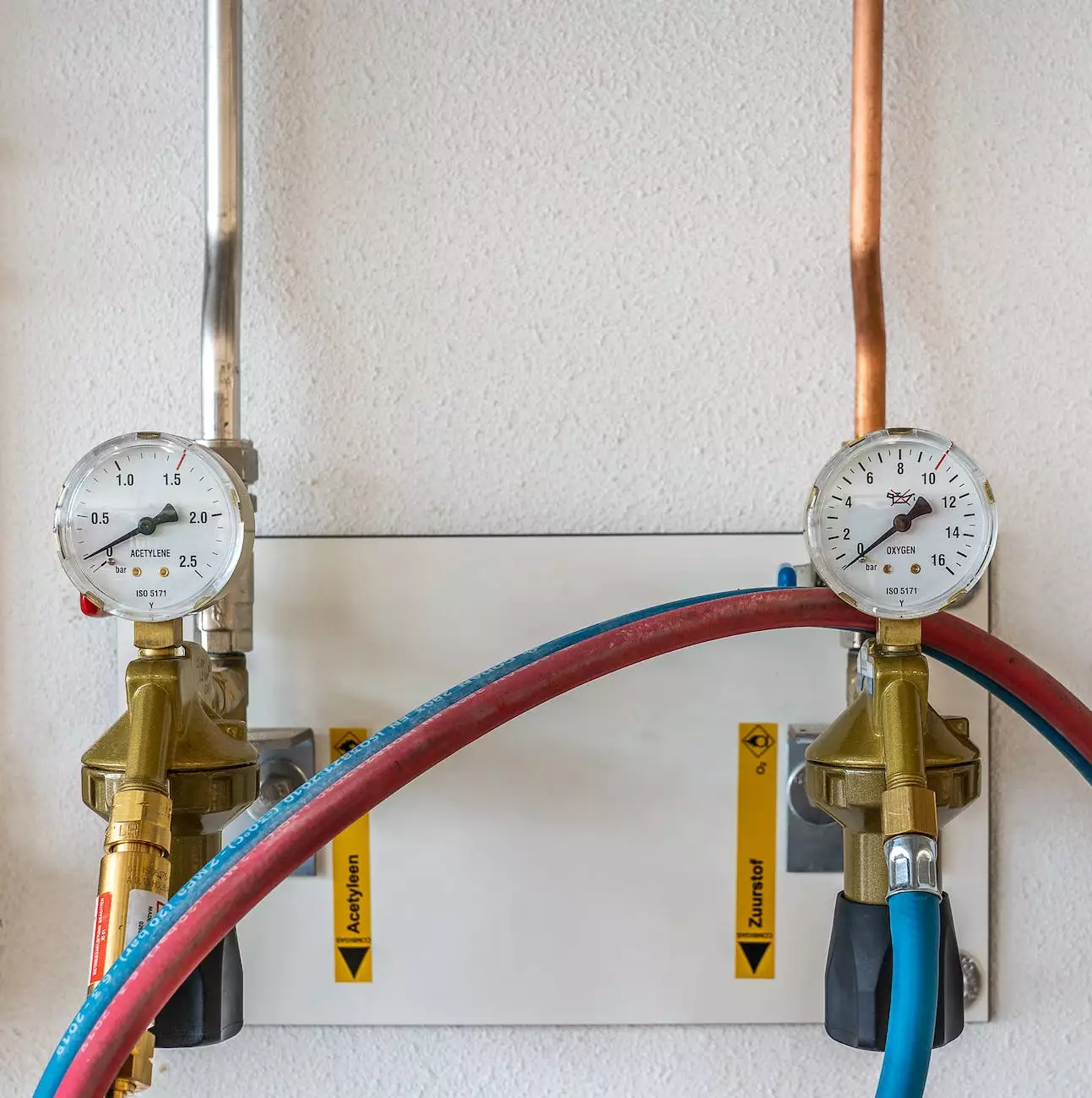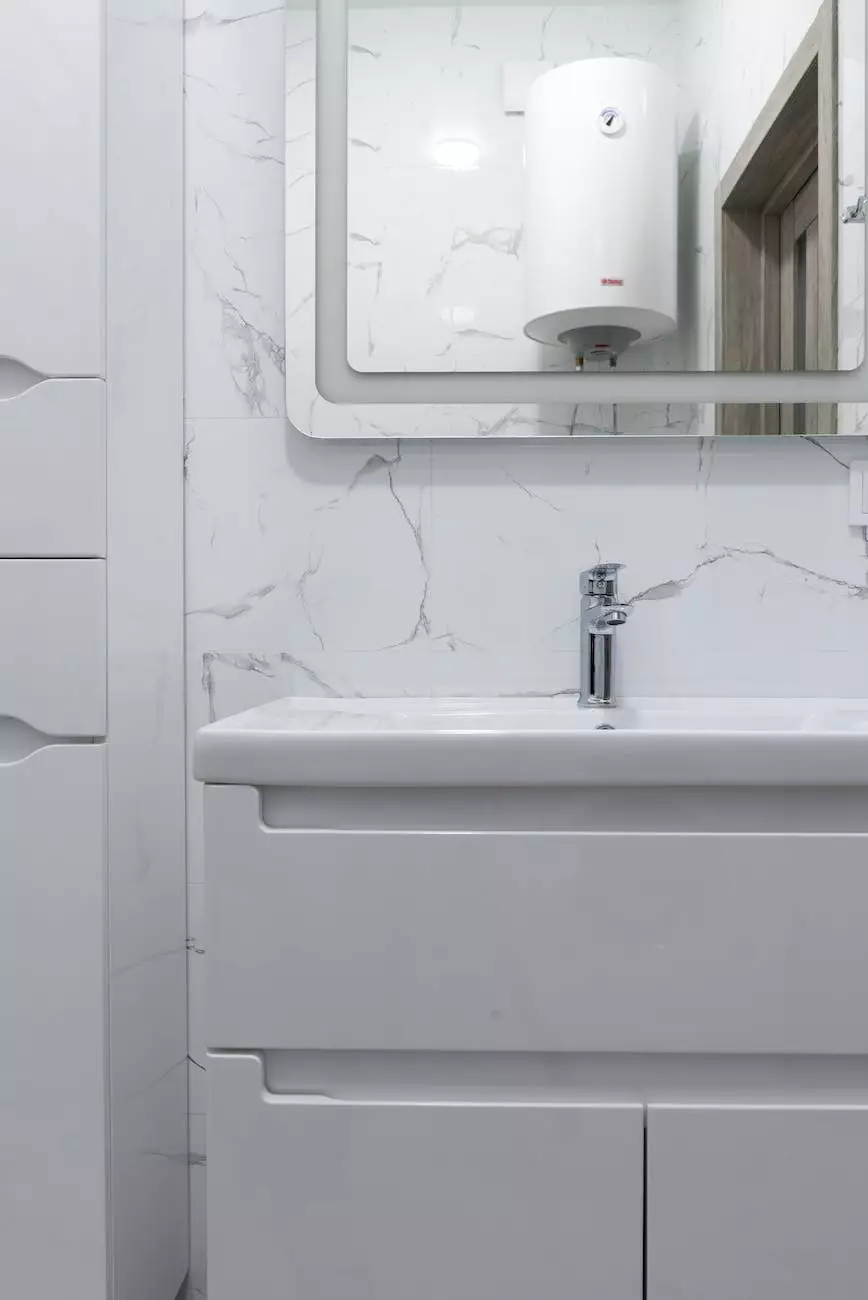Gas vs. Electric Water Heaters
Residential AC
Introduction
Welcome to Northwest Heating & Air Conditioning, your trusted source for HVAC services in Oklahoma City, OK! In this comprehensive guide, we will explore the key differences between gas and electric water heaters. Whether you're considering a new installation or researching replacement options, we are here to help you make an informed decision.
Energy Efficiency
When comparing gas and electric water heaters, energy efficiency is a significant factor to consider. Gas water heaters typically offer higher energy efficiency ratings compared to their electric counterparts. This is because gas heaters utilize combustion to heat the water, resulting in faster heating. However, advancements in technology have made electric water heaters more energy-efficient than ever before, narrowing the gap between the two.
Gas Water Heaters
Gas water heaters utilize natural gas or propane to heat the water. They offer several advantages, including:
- Fast heat-up times: Gas heaters provide hot water quickly, making them ideal for households with high hot water demands.
- Lower operating costs: Since natural gas prices are often lower than electricity rates, gas water heaters can be more cost-effective in the long run.
- Ability to work during power outages: Gas water heaters can operate even when there is no electricity, ensuring a constant supply of hot water.
However, there are a few considerations with gas water heaters:
- Higher upfront costs: Gas water heaters typically have a higher initial cost compared to electric models due to the additional components required.
- Professional installation: Installing a gas water heater requires specialized expertise to ensure safety and proper venting.
- Carbon monoxide risk: Gas appliances come with potential carbon monoxide hazards, so regular maintenance and proper ventilation are crucial.
Electric Water Heaters
Electric water heaters rely on electricity to heat the water. They offer the following benefits:
- Lower upfront costs: Electric water heaters are generally less expensive to purchase and install.
- No combustion byproducts: Unlike gas heaters, electric models do not produce combustion gases, reducing safety risks.
- Ease of installation: Electric water heaters are relatively straightforward to install and do not require venting.
However, there are a few considerations with electric water heaters:
- Slower heat-up times: Electric water heaters may take longer to heat the water compared to gas models, resulting in potentially increased waiting times.
- Higher operating costs: Electricity rates can be higher than natural gas prices, leading to higher monthly bills in the long term.
- Dependence on electricity: If there is a power outage, electric water heaters cannot operate until the power is restored.
Factors to Consider
When deciding between a gas and electric water heater, several factors beyond energy efficiency play a crucial role:
Hot Water Demand
Consider your household's hot water consumption. If you have a large family or frequently require large amounts of hot water simultaneously, a gas water heater's faster recovery rate might be advantageous. On the other hand, if your hot water needs are moderate and you prioritize lower upfront costs, an electric water heater may be more suitable.
Availability of Energy Sources
Gas water heaters require a natural gas or propane supply. Ensure that these energy sources are readily available in your area before considering a gas water heater. If you have limited access to natural gas, an electric water heater becomes a practical choice.
Installation and Maintenance
Gas water heaters often require professional installation due to their complexity and safety considerations. If you are not confident in your DIY skills, it's recommended to hire a licensed technician. Electric water heaters, on the other hand, are generally easier to install but still require proper electrical connections. Regular maintenance is essential for both types to ensure optimal performance and longevity.
Costs
While upfront costs vary, long-term operating costs are a crucial consideration. Compare natural gas and electricity rates in your area to estimate the potential expenses over the water heater's lifespan. Additionally, factor in any applicable rebates, tax credits, or energy-saving incentives that may affect your decision.
Contact Northwest Heating & Air Conditioning for Expert Advice
Choosing the right water heater for your home is an important decision. At Northwest Heating & Air Conditioning, our knowledgeable team is here to assist you every step of the way. We offer professional water heater installation, repair, and maintenance services in Oklahoma City, OK. Contact us today to schedule a consultation and ensure your home has a reliable source of hot water!










